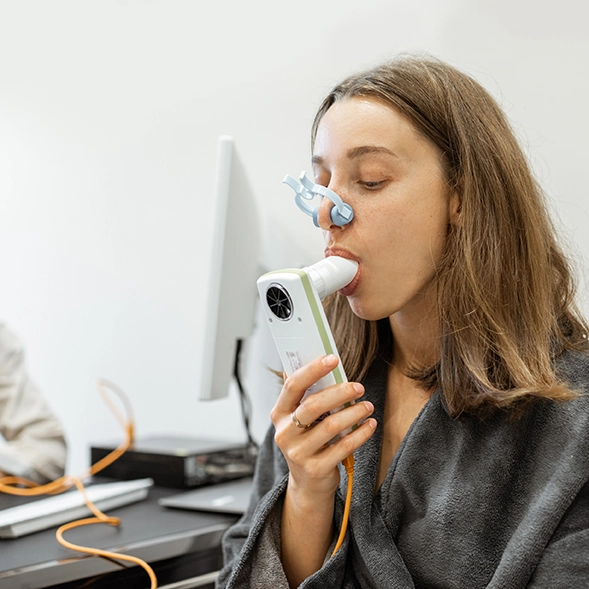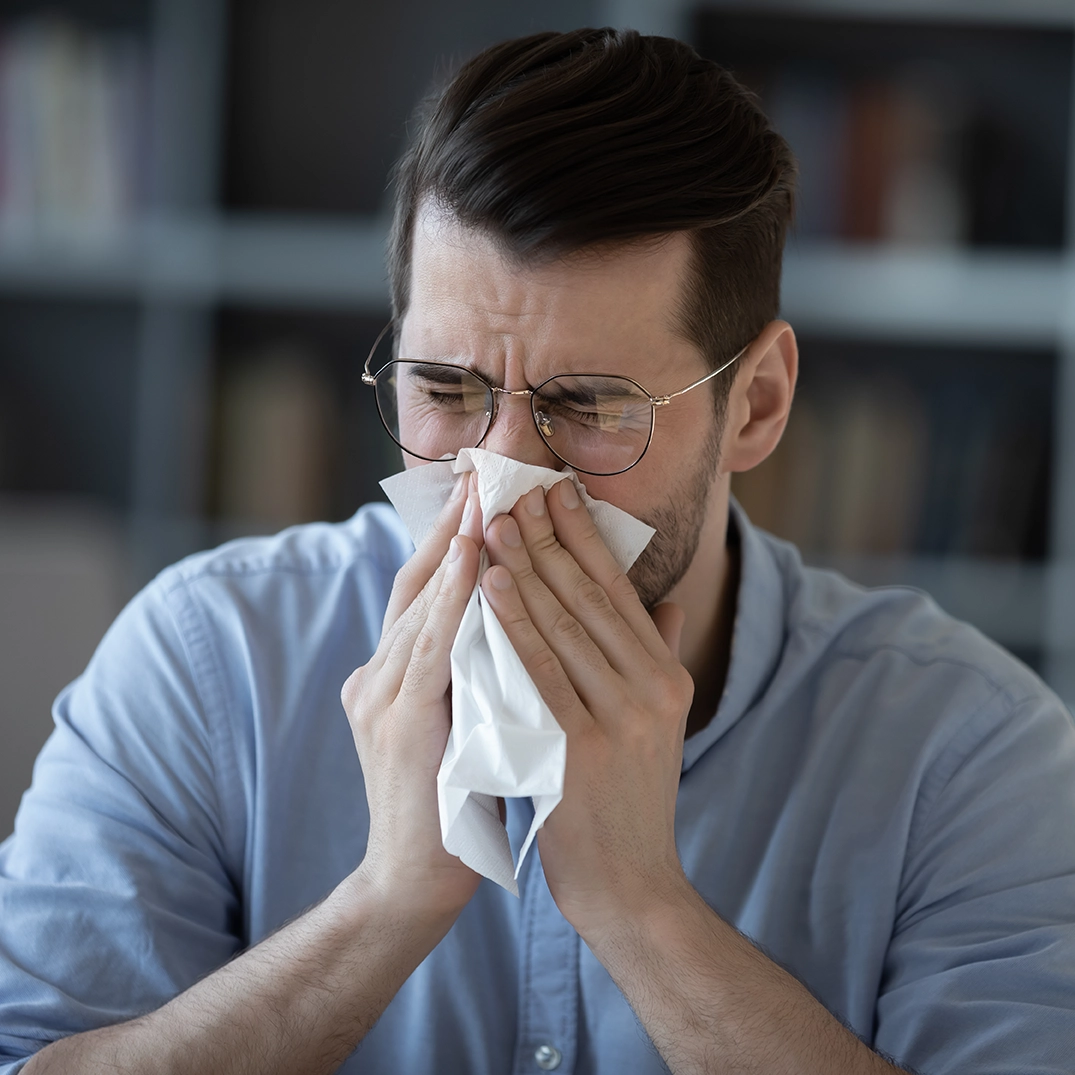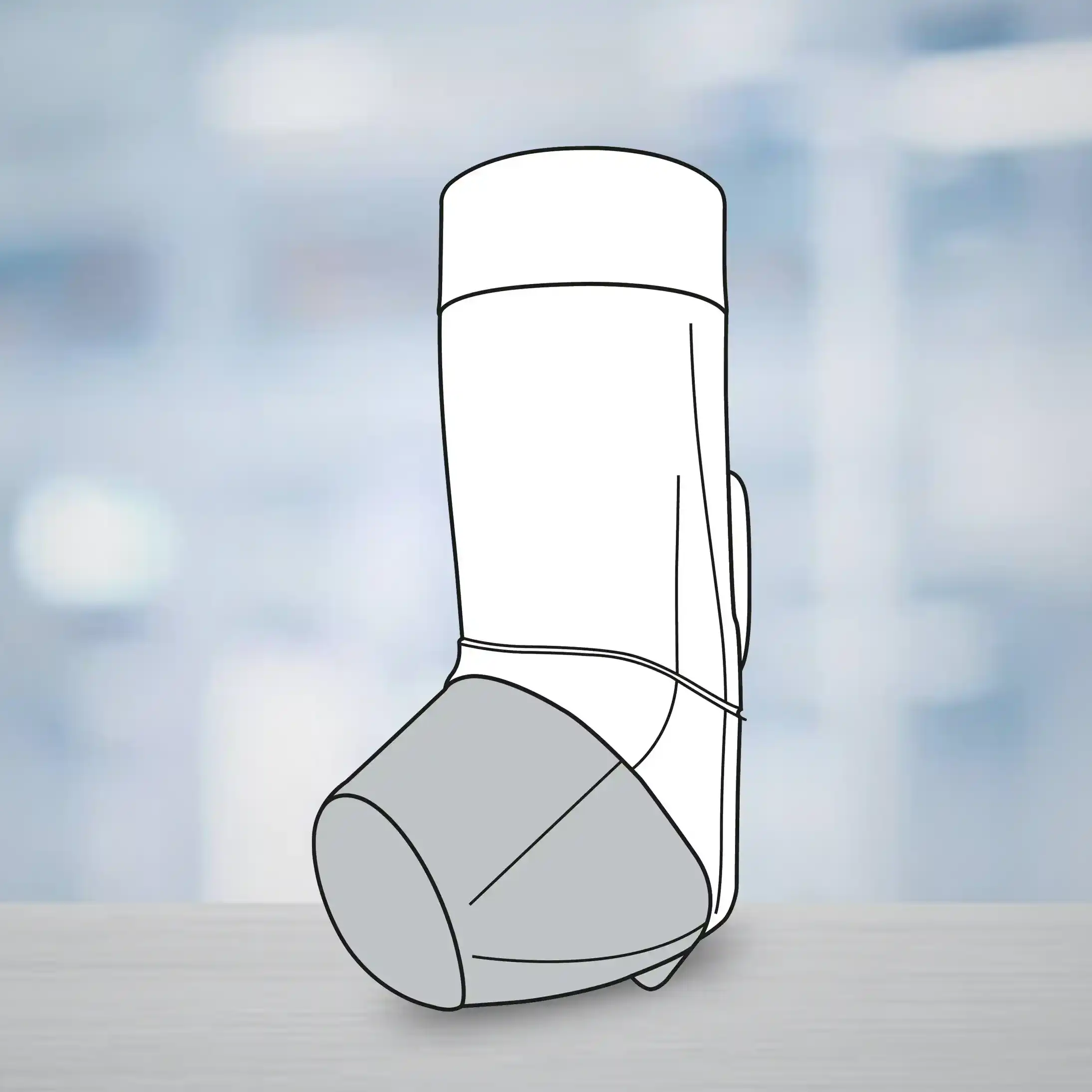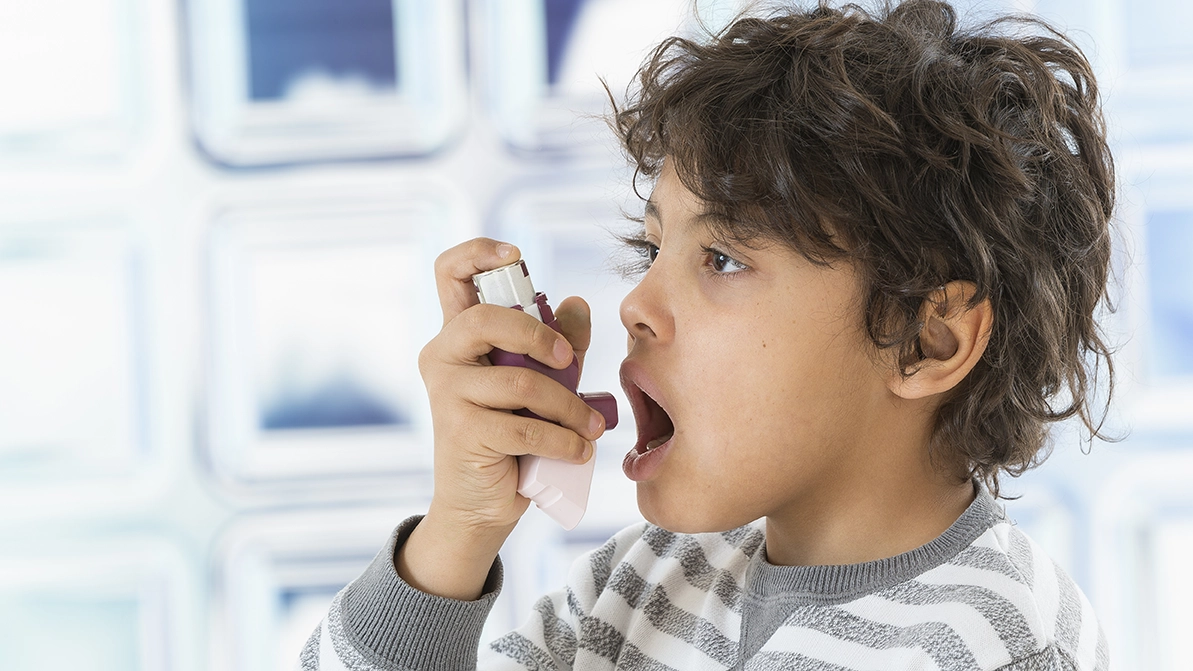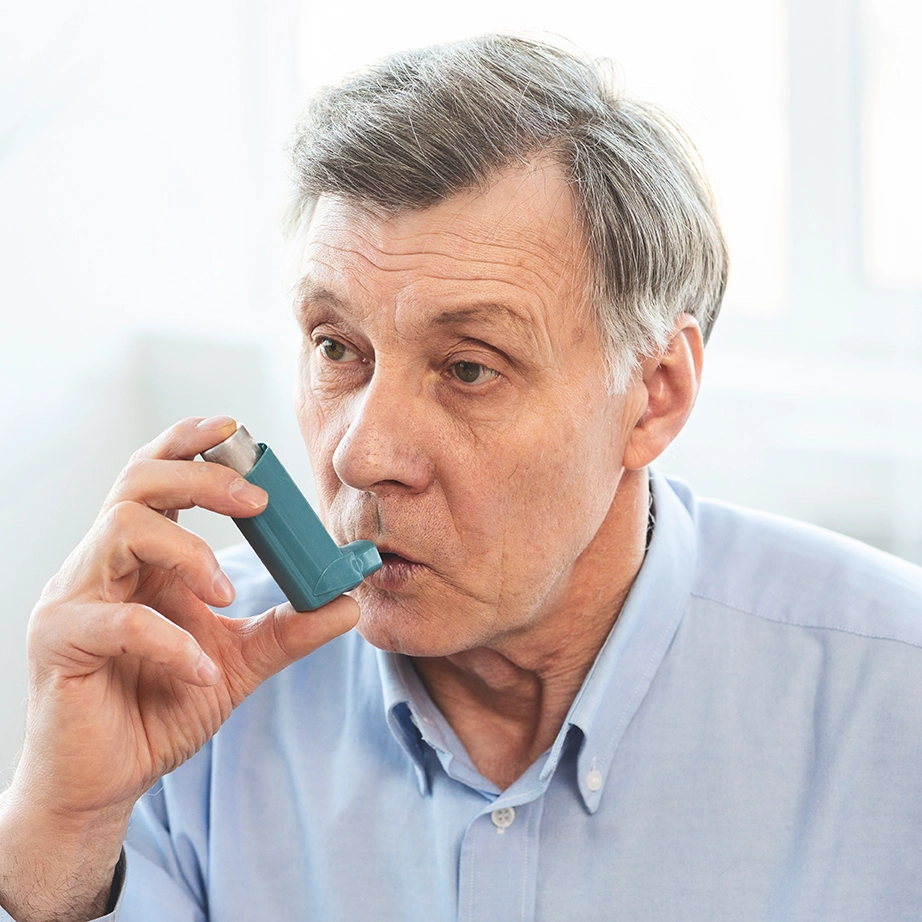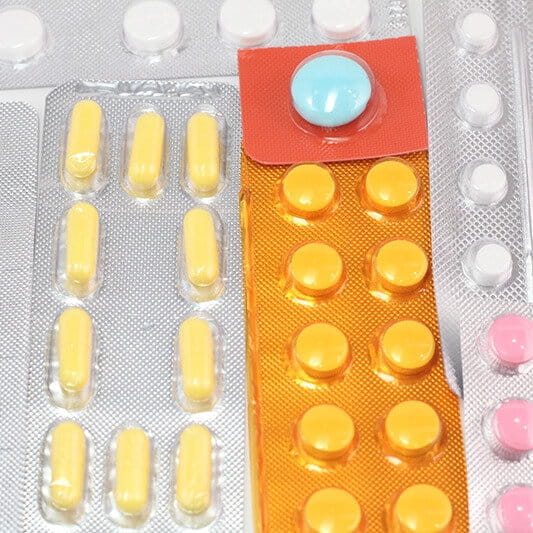Introduction
Oral isotretinoin (13-cis isomer of retinoic acid) is the prescribed retinoid for treating acne. However, it is associated with severe dryness of skin, especially during the first month of treatment.
The studied moisturizer is a dermocosmetic moisturiser developed for oily and acne-prone skin. It recreates the skin’s own natural moisture, reduces sebum secretion, and possesses anti-inflammatory effects.
Aim
To evaluate efficacy and safety of moisturiser for oily skin acne-prone Skin in patients with acne who were prescribed isotretinoin in daily clinical practice.
Patient Profile
Adult patients (aged ≥18 years) who had been prescribed isotretinoin and moisturizer (as an adjuvant therapy) for managing their acne
Methods
-
Open-label, observational, prospective, non-comparative multicentre study
-
N=200
-
Patients were prescribed moisturiser as an adjuvant to isotretinoin for acne
-
All patients were advised to apply moisturiser (1gm) twice daily for four weeks, and they were followed-up clinically post treatment at week 4 (±2 days)
Study Endpoint
-
The investigator graded the patient’s skin on smoothness and softness on a five-point scale and dryness, scaling and redness on a four-point scale after 4 weeks
-
Its organoleptic characteristics and tolerability were evaluated using the subject assessment questionnaire.
Results
Effectiveness
-
Investigators rated smoothness and softness of the skin as very good to excellent in 64.5% and 56.5% patients, respectively.
-
None of the patients had severe dryness, scaling or redness of skin after 4 weeks of treatment.
Table 1: Effectiveness of the moisturiser using investigator assessment questionnaire (n=200)
|
Grade de |
Investigator assessment N (%) |
||
|
Smoothness |
Softness |
|
|
|
Excellent |
22 (11) |
17 (8.5) |
|
|
Very good |
107 (53.5) |
96 (48.0) |
|
|
Good |
67 (33.5) |
83 (41.5) |
|
|
Fair |
2 (1.0) |
4 (2.0) |
|
|
None |
2 (1.0) |
- |
|
|
Grade |
Dryness |
Scaling |
Redness |
|
None |
59 (29.5) |
112 (56.0) |
141 (70.5) |
|
Mild |
93 (46.5) |
65(32.5) |
49 (24.5) |
|
Moderate |
48 (24.0) |
23 (11.5) |
10 (5.0) |
|
Severe |
- |
- |
|
Table 2: Overall clinical impression of the product in patients after four weeks of treatment (n=200)
|
Overall clinical impression |
N (%) |
|
Excellent/Good |
90 (45) |
|
Consistent use of moisturiser is recommended |
2(10.5) |
|
Dryness reduced |
9 (4.5) |
|
Satisfactory |
9 (4.5) |
|
Excellent product to take care of retinoid-induced dryness |
6 (3.0) |
|
Reduces scaling |
6 (3.0) |
|
Reduces skin redness |
5 (2.5) |
|
Smoothness |
3 (1.5) |
|
Soft |
3 (1.5) |
|
Irritation reduced |
2 (1.0) |
|
Well accepted and appreciated by the Patient |
2 (1.0) |
|
After application of moisturiser, skin looks soft |
1 (0.5) |
|
Non-greasy |
1 (0.5) |
|
Spreadability |
1 (0.5) |
|
Non-sticky |
1 (0.5) |
|
Skin is hydrated |
1 (0.5) |
|
Very good to apply |
1 (0.5) |
|
Patient feels better as far as lesion and suppleness of skin is concerned |
1(0.5) |
Organoleptic Characteristics and Tolerability
-
Most noteworthy was the acceptable rating from end-users regarding characteristics of the moisturiser.
-
Very good to excellent spreadability, appeal and satisfaction was rated by 66.0%, 66.5% and 91% patients, respectively.
-
40% patients rated the moisturizer as non-greasy/non-sticky
Table 3: Organoleptic characteristics and tolerability of the moisturiser using the subject assessment questionnaire
|
Grade |
Organoleptic and tolerability of Moisturizer, N (%) |
||
|
Spreadability |
Appealing |
Overall satisfaction |
|
|
Excellent |
37 (18.5) |
36 (18) |
70 (35) |
|
Very Good |
95 (47.5) |
97 (48.5) |
112 (56) |
|
Good |
52 (26) |
57 (28.5) |
17 (8.5) |
|
Fair |
14 (7) |
10 (5) |
1 (0.5) |
|
None |
2 (1) |
- |
- |
-
No incidence of serious AE or moisturiser-related AE were reported.
-
Itching (1%), redness (0.5%), cold (0.5%), and cough (0.5%) were reported as adverse events but were of mild intensity and unrelated to the study product.
Conclusion
-
In real-world settings, this moisturizer for oily and acne-prone skin demonstrated efficacy and safety in acne patients treated with isotretinoin
-
Cutaneous side-effects such as dryness, erythema and scaling were reduced with the use of moisturizer
-
It can be considered as an effective option among dermocosmetic moisturisers and can be used as an adjunct to pharmacotherapy for management of acne
Reference
Int J Res Dermatol. 2023 Mar;9(2):67-72

.svg?iar=0&updated=20230109065058&hash=B8F025B8AA9A24E727DBB30EAED272C8)
